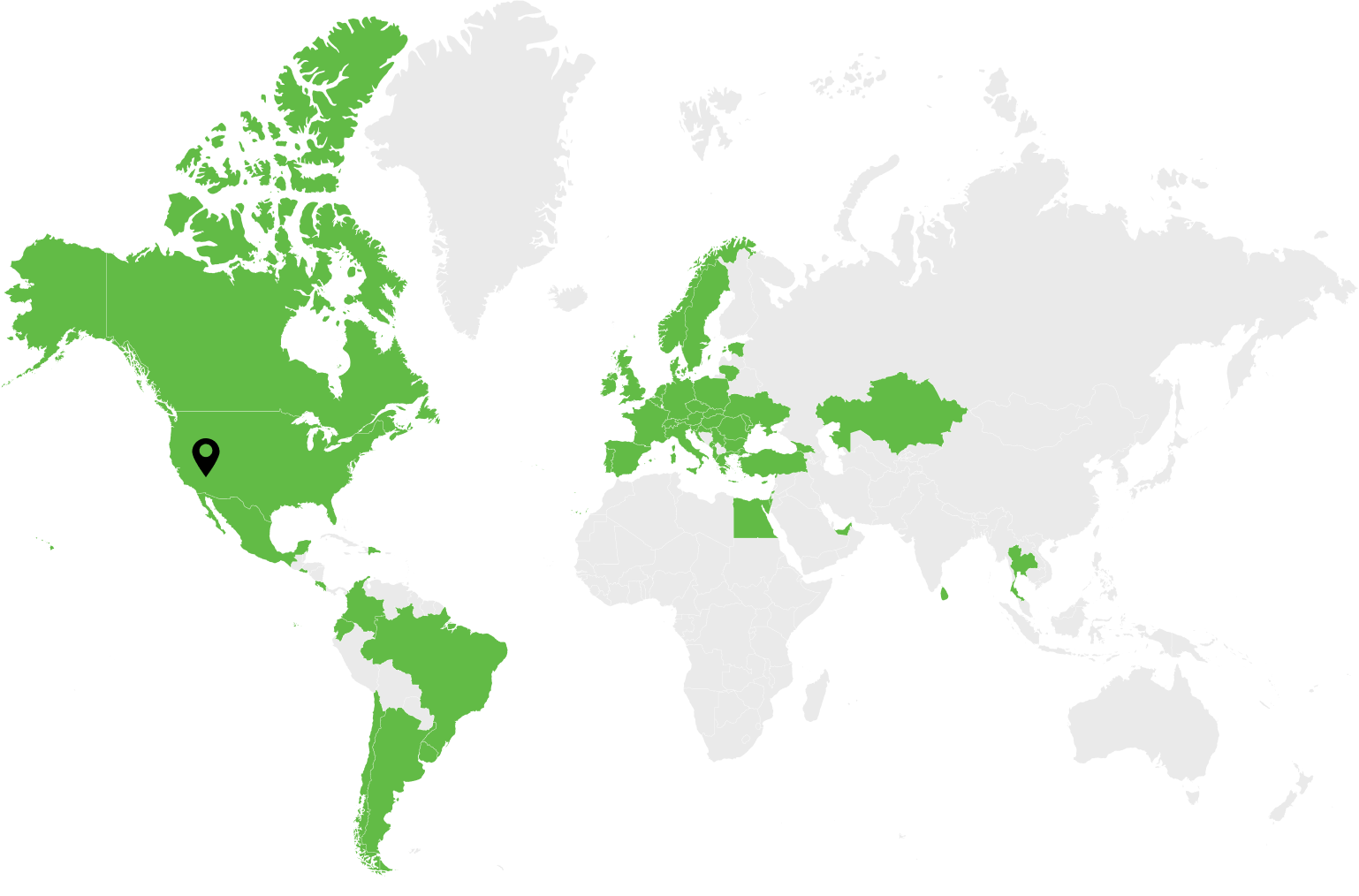The artificial intelligence (AI) healthcare market is projected to reach $187 billion by 2030, according to Grand View Research.
Healthcare providers have found that AI technology has near-endless applications in hospital settings. Examples of ways that hospitals are cutting costs with AI include optimized staffing, reduced patient wait times, and automated supply chain management.
There is no doubt that increased efficiency and improved bottom lines are big wins. Yet, the biggest benefits of AI go far beyond business initiatives. The real promises lie in better patient outcomes.
Smarter Diagnoses and Predictive Care
AI Use Case: Predictive Analytics
Since misdiagnoses and reactive care often result in poor patient outcomes, one of AI’s most powerful applications lies in predictive analytics.
This AI technology enables providers to detect disease risks long before symptoms appear. By analyzing vast datasets from electronic health records (EHRs), genetics, and imaging, AI tools can uncover subtle patterns and forecast future health conditions.
Researchers have found that AI may be able to predict Alzheimer’s disease up to 7 years before patients exhibit symptoms. With such drastically improved detection times, predictive analytics can provide patients more time to prepare for the onset of such a debilitating disease.
Enhancing Clinical Workflows and Automation
AI Use Case: Natural Language Processing (NLP)
Administrative burdens are a leading cause of burnout among healthcare professionals. Documentation, billing, and scheduling responsibilities mean that providers often spend more time on computers than with patients. AI is beginning to automate these non-clinical tasks, giving providers more time to focus on patient care.
As a recent study reports, “By integrating advanced natural language processing, speech recognition, and predictive analytics into clinical workflows, AI-driven tools offer real-time support in documentation, scheduling, patient communication, and claims processing.” Similarly, AI-powered medical scribes can capture physician–patient conversations in real-time to automatically populate EHRs.
Data Backed, Real-Time Decision Support
AI Use Case: Embedded Analytics
While doctors rely on rapid, actionable insights to make informed decisions, data is often buried or delayed. Through embedded analytics, AI supercharges decision-making directly at the point of care. In turn, clinicians have a highly detailed, real-time view of vitals, lab values, and patient trends.
With embedded analytics, systems can now flag abnormal lab results and send alerts directly to the appropriate personnel. These tools help ensure that staff don’t miss any critical indicators, even in fast-paced environments like emergency departments and ICUs.
Imaging and Diagnostics Powered by AI
AI Use Case: Machine Learning (ML)
Due to advanced machine learning (ML), AI is making particularly impressive strides in fields that rely heavily on imaging interpretation, such as radiology, pathology, and dermatology. ML models can now analyze X-rays, MRIs, and skin lesions, flagging anomalies with high accuracy.
ML models are already being used to triage scans and prioritize urgent cases. They also assist clinicians in identifying early-stage cancers and other abnormalities.
Due to such diverse applications, the AI medical imaging market was already valued at $5.86 billion in 2024. On top of that, experts predict a compound annual growth rate of 28.32%, which will translate to a value of $20.4 billion for this technology by 2029.
Seamless Integration Across Healthcare Ecosystems
Application: Generative AI / NLP
Siloed IT systems often lock patient information into separate platforms, making it difficult for providers to access full patient histories. For doctors to provide the best possible care, EHRs, health information exchanges, and APIs must integrate flawlessly to create a unified view of patient data.
Northwestern Medicine has developed FHIR-GPT, an AI model that maps disparate patient records to a common data model. By harmonizing structured and unstructured information from multiple, previously disconnected systems, the solution eliminates data silos. In turn, it helps hospitals, clinics, and labs see the full picture when making diagnoses and planning care.
Building Secure, Compliant AI Systems
Application: HIPAA-Compliant Cloud Infrastructure
Healthcare data is highly sensitive and regulated by laws like HIPAA. As AI capabilities grow, developers face the challenge of protecting privacy while driving innovation. This means solutions are built in secure, auditable environments. Leading providers now use HIPAA-compliant cloud infrastructure with encryption, role-based access, and audit trails to safeguard information.
For example, an AI model that analyzes ECG data to detect early signs of heart disease can run entirely within a secure, compliant cloud environment. This approach enables deployment across multiple hospitals without exposing sensitive patient information, allowing clinicians to identify high-risk individuals sooner.
Conclusion
Healthcare providers are discovering that AI’s applications in hospital settings are both broad and transformative. From analyzing images with ML to supporting earlier diagnoses with predictive analytics, AI is reshaping how care is delivered.
With the AI in the healthcare market predicted to soar to nearly $200 billion by 2030, the business benefits of this revolutionary technology are hard to ignore. Yet, the most impactful applications of AI in healthcare will not be focused on dollar values. Rather, the true measure of its value lies in its ability to help people.
Transform Patient Care with AI Solutions from Dev.Pro
Ready to turn AI’s potential into real-world impact?
Dev.Pro helps healthcare organizations design, build, and deploy secure, compliant AI solutions that streamline operations and improve patient care. Whether you need predictive analytics, generative AI, or cloud solutions, our technical experts deliver end-to-end development with HIPAA-grade compliance.
Contact us to start your AI transformation!

